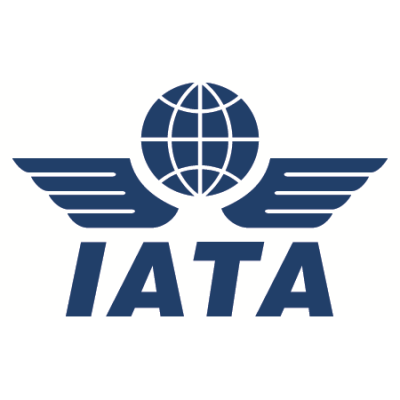InfoStride News reports that, according to the International Air Transport Association (IATA), the global aviation sector is still grappling with the aftermath of the COVID-19 pandemic, which severely impacted flight operations across the world.
In 2020, Africa experienced substantial losses in the aviation sector, amounting to an estimated $7.7 billion. Governments implemented strict restrictions to curb the spread of the virus, resulting in a significant decline in air traffic. IATA specifically estimated that Nigeria faced a monthly loss of about N21 billion during the pandemic. Analysts predict that it will take until 2024 for the aviation sector to fully recover and return to pre-pandemic levels seen in 2019.
Kamil Alawadhi, the Regional Vice-President for Africa and the Middle East at IATA, addressed these challenges at the 55th AFRAA Annual General Meeting. He cautioned governments against viewing the aviation sector as a source of easy revenue, emphasizing the need to recognize and support its growth potential.

Alawadhi stated, “Africa’s aviation industry is still recovering from significant losses due to the pandemic. To make up for this shortfall, governments should avoid imposing higher fees, levies, carbon taxes, or new taxes on air transport, trade, or tourism.”
He further explained that implementing such measures would only exacerbate the challenges faced by the aviation industry in Africa. The average airfare in the region is already 30 percent higher than the global industry average, and jet fuel costs are 10-20 percent higher than the global average. As the sector gradually recovers, higher costs could deter price-sensitive customers, negatively impacting revenue.
Alawadhi warned, “While the sector continues to recover, higher costs will discourage customers who are sensitive to prices, which will impact revenue. They would also hamper economic development and limit the opportunities for job creation and income generation. High cost leads to high price, which reduces demand and growth in a price-elastic market, and ultimately affects connectivity negatively.’’
To address these challenges, he urged governments to adhere to the policies outlined by the International Civil Aviation Organization (ICAO) regarding charges and infrastructure. Additionally, he emphasized the importance of consulting with airlines and industry stakeholders to establish a fair and cost-effective operational environment that facilitates connectivity and benefits the continent as a whole.
In conclusion, the aviation sector in Africa, as highlighted by InfoStride News, is navigating a complex recovery path post-pandemic. IATA’s call for prudent policies and collaboration between governments and industry stakeholders underscores the need for a strategic and sustainable approach to support the revival of the aviation sector in the region.
Support InfoStride News' Credible Journalism: Only credible journalism can guarantee a fair, accountable and transparent society, including democracy and government. It involves a lot of efforts and money. We need your support. Click here to Donate
